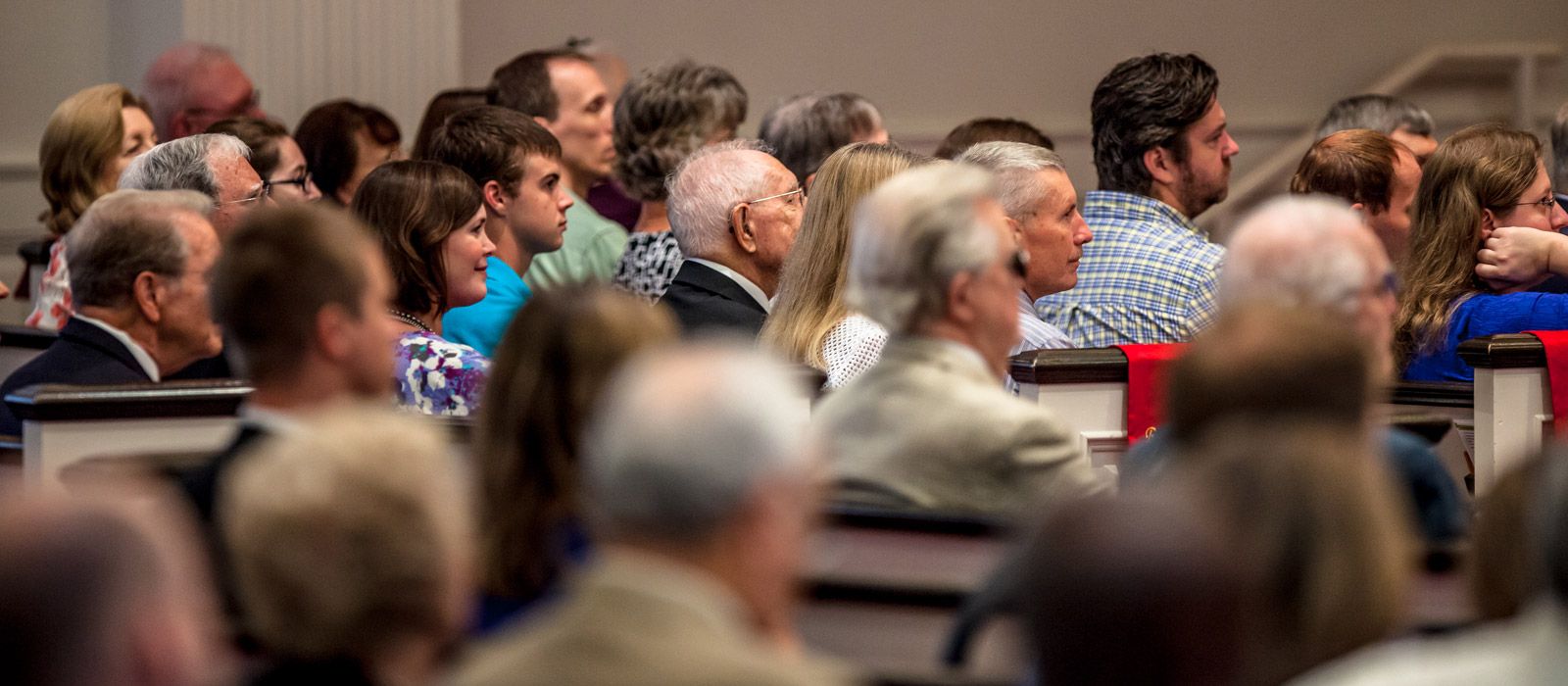WHO IS MY NEIGHBOR?

When Jesus is asked what the greatest commandment in God’s Word is, he gives us two, the second one is a reflection of the other. The first is that we are to love the Lord God, the one true and living God of the Universe, who is Father, Son, and Holy Spirit, with all of our heart, soul, and mind. This is what we are made to do, what it means to be truly human, where the good life is found. Unfortunately, we do not and cannot do this on our own. However, Jesus saves us to live this way by transforming us, making us alive when we were dead in our sin, breathing resurrection, Holy Spirit life into us, and bringing us into his kingdom so that we can fulfill our purpose and offer our entire bodies as living sacrifices of worship to God.
The second commandment Jesus gives us is that we are to love our neighbors as ourselves. If we love God with everything that we are, we will inevitably do this, because to be a transformed, Holy-Spirit filled, walking in newness of life, kingdom-minded believer is to love other people. It’s easy to reduce salvation to just “me and Jesus.” To think that we can love and enjoy God with no consequence to how we treat, forgive, give to, sacrifice for, or serve others and the church. It’s easy to lead a thoughtless life of witness before people in our lives we know don’t follow Jesus. Jesus always makes it clear that to be right with him, however, results in loving others in his name.
Which of course raises that pesky question of who the neighbors we are supposed to love as ourselves are. Jesus addresses this too, with a story, that we now refer to as the parable of the Good Samaritan. In that story, a Samaritan man traveling through a rough area comes upon a Jewish man who has been attacked, robbed, and left wounded and dying on the side of the road. Samaritans and Jews were enemies. They were people of different religions and cultures who actively derided and opposed one another. But the Samaritan doesn’t pass by. He rescues the wounded man, taking him to a place where he can be nursed back to health, all at the Samaritan’s own expense. The Samaritan does this when others, supposedly God-fearing people, don’t. Out of fear or apathy, they just keep going, minding their own business.
Jesus tells us in the strongest terms he can that our neighbors are everyone and anyone in need, regardless of race, religion, values, political affiliation, or cultural differences. And he tells us that to love our neighbors means actively working for their good, which is, of course, spiritual, but not only spiritual. It’s also physical, material, and economic. Every human being is made in the image and likeness of God, meaning that every human being has innate value and worth. Every person should ultimately be treated as we would treat Jesus himself because his image is upon us all. As John Calvin puts it, as Jesus-followers, we treat people not as they deserve, but as Jesus deserves to be treated.
One of the most important truths that God drives home to us in the book of Jonah is that he cares deeply for all people, and therefore he cares deeply about how his followers treat other people, including, and sometimes especially, those who are deeply different from us. Unfortunately, when we run from God and his Word, we inevitably run from our call to love others around us with, and for the sake of the gospel. Running from God and his Word makes us indifferent, at best, and hostile, at worst, to the deep and real needs all around us, and what God has done to gift us with talents and opportunities to address those needs.
Praise God that when we run, however, he pursues. He works to wake us up to what is going on around us, just as he did for Jonah. So how is God working to wake you up to the people and needs around you? Who is your neighbor? Who in your life needs a gospel conversation, a gospel gift, or a gospel touch? May we increasingly love the Lord our God with all our strength, mind, and heart, and may God increasingly helps us to love our neighbors as ourselves.
— Pastor Gary

